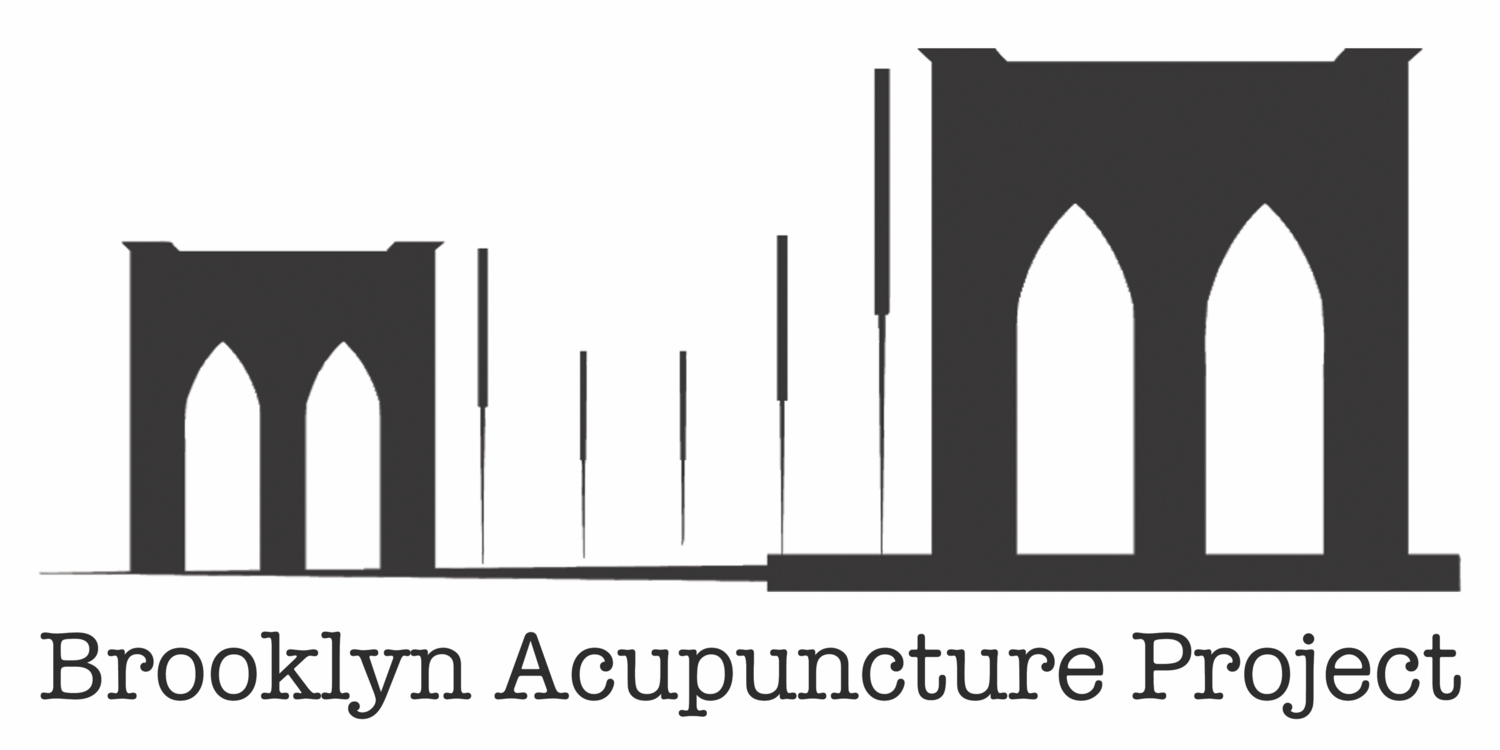Once when I was eight I got something stuck in my eye. I rubbed my poor, teary eyes but to no avail: for three or four interminable hours, I was half-blind and driven to distraction with discomfort. I swore (amongst other swears) that I’d never take not having something in my eye for granted again.
Of course, after a day or two I mostly forgot about the whole thing. Though my eyes were working again, I didn’t look back. And ain’t that the way of it, to overlook the things that are going just fine (like not having something stuck in our eyes).
It’s worth pausing to consider: how many other facets of our lives are we taking for granted, right this minute?
Unless we’ve been sick, we are almost certainly taking our health for granted; unless we’ve gone hungry, we no doubt take for granted the simple fact of having enough to eat; unless we’ve just returned from deployment or got out on parole, we probably take for granted our freedom from the nightmares of war or imprisonment.
Things are never perfect. There are always complaints to be registered and problems to solve. But it’s all too easy to focus on what’s missing, and to take for granted all that’s in place.
You may be wondering by now just what this post has to do with health or natural medicine. But dig: our health depends on our actions, which depend on our thought patterns, which depend on our beliefs and attitudes.
Something as subtle as a shift in attitude can have major downstream effects on our health. And, as a healer with an interest in that ultimate (if troublesome) patient, the body politic, I’ve noticed that collective body is gravely gratitude-deficient.
I know no medicine for this condition better than a dose of perspective that says: no matter what struggles we face, we have a lot to be thankful for.
As we approach the one measly day per year our society sets aside for giving thanks, I’d like to suggest that thanksgiving be something we make a point of practicing on the daily.
Here’s a way to get started, right now. Got 150 seconds? Set a timer—I’ll pause here while you do. Once the clock’s ticking, list as many things as you can think of to be thankful for.
Here are a few likely ones to get you started: a warm bed last night, a full belly, your friend Gene, clean air to breathe, access to a public library, that shiny new toaster. An unlimited supply of pencils. But don’t stop there. Keep ‘em rolling. (Go for long enough and the list can get pretty trippy: these hands! The interconnectedness of it all! Life itself! Now we’re talking.)
If you’re having trouble working up the appropriate fervor of gratitude, try thinking of all the things whose absence you’re grateful for: the rare diseases that aren’t yours, the crummy places at which places you’re glad you’re not.
Hey, it’s a start.
Tomorrow, try it again and see how many new ones you can come up with.
When you’re ready for advanced gratitude training, the next level is to give thanks for those things that aren’t so much fun: like that experience of having a tiny stick in your eye, because it made you appreciate your otherwise normal eyesight. The challenge is to find ways to view your illnesses as teachers there and to recognize the weaknesses and blind spots they have arisen to point out.
Why should we be grateful for misfortune? Because as we learn to give thanks for even our harshest and most unpleasant experiences, we free up energy that had been tied up in resentment and bitterness. Giving thanks for the good, including the good hidden amidst the bad, we make room for more blessings to flow into our lives.
And so I say:
Thank you, spirit of life, for the wealth of blessings I move through like a bird through the air, hardly realizing how fortunate I am.
Thank you, parents and ancestors, for the the spark of life, and for your love and support that have nurtured the flame as it grows.
Thank you, elements of nature:
Wood, for your vigor and childlike spontaneity
Fire, for your passion and joyful purpose
Earth, for your grounding and sweet embrace
Metal, for your clear structure, your ability to release
Water, for your softness and flow and, every so often, your glimpses of wisdom.
Thank you, forces of life, for beauty and abundance, shelter and peace, comfort and friendship, good humor and health. Thank you, too, for the illnesses and limitations that have set me on this path of healing.
Thank you, teachers, in all your many and surprising forms.
Thank you, friends, who put up with my nonsense and like me anyway; and thank you, enemies, for pointing out my shortcomings.
Thank you, life, for all the love I’ve received, and for the love I’ve been able to give. Thank you, too, for the pain of love’s promise unfulfilled, as that pain points the way towards deeper authenticity.
Thank you for the graceful moments when I’ve felt most myself, and for the awkward ones when I haven’t, as I learn to be only and ever myself. Thank you for the opportunities to share my gifts, even when it’s uncomfortable to do so. Thank you for good work, and for play, and for the opportunity to combine the two.
Thank you, colleagues, for your inspired and dedicated service.
Thank you, October day, for your bright and piercing beauty. Thank you for the time to nap, and cook, and read, and write, and dream, and give thanks.
Thank you, city, for all the life you sustain in your packed, humming, hustling folds. I’m not even going to try and sum you up.
And thank you, readers, for making it this far, and (in advance) for engaging with this post.
What are you grateful for?


